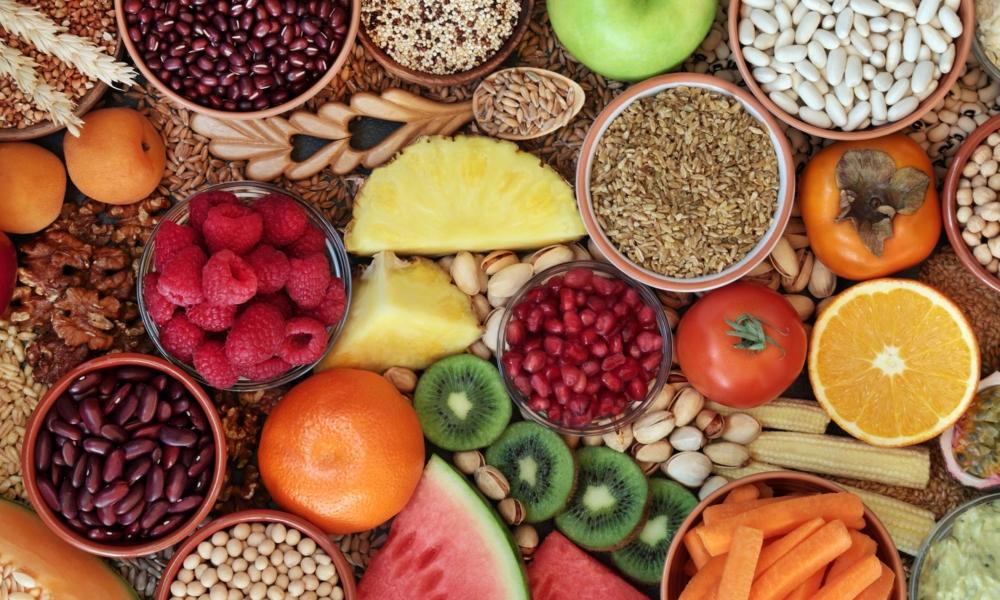Two senior researchers at the ECI have contributed to the recently published Food and Agriculture Organisations’ 2024 State of Food and Agriculture (SOFA) Report, focusing on how to uncover the true cost of food as the first step in making agrifood systems more inclusive, resilient and sustainable.
Alison Smith, Senior Researcher on the ECI’s Ecosystems programme was one of the Agile researchers who contributed to a background study that provides a deep dive on hidden costs of agri-food systems in the UK, Australia, Brazil, Colombia, Ethiopia and India.
Dr Steven Lord, Senior Researcher on the ECI’s Food Systems programme was on the advisory board for the 2024 report and also carried out the modelling for the updated global figures in the main report.

Research by an Agile Sprint (on scaling up Nature-based Solutions) supported the further development of the FABLE calculator, an open Excel tool allowing users to explore policy levers for delivering food security, climate mitigation and biodiversity conservation. The FABLE team then invited Sprint researcher Alison Smith to lead the UK chapter of the SOFA background study.
Working with stakeholders from government, business, civil society and academia, the team used the UK version of the FABLE calculator together with economic analysis led by Dr Lord of to estimate the hidden costs of the UK’s agrifood system as 180 billion 2020 PPP (purchasing power parity) dollars in 2023, mainly from unhealthy diets. These hidden costs are over 5% of the UK’s 2020 GDP – similar to the total value added from the whole agri-food sector. This hidden deficit accumulates over time, posing economic risk to the UK, especially through the health impacts that weaken human capital.
The model estimates that a more sustainable pathway could reduce total hidden costs by around 16% (23 billion 2020 PPP dollars per year) – worth around 686 billion 2020 PPP dollars over the next 30 years. The main factor for delivering these benefits is shifting to a healthier and more plant-based diet, with lower consumption of ultra-processed food. Coupled with reduced food waste and increased agricultural productivity, this frees up land for restoration to forest and other ecosystems. Together with the use of agroecological farming methods, this delivers benefits for carbon sequestration and biodiversity while also reducing nitrogen pollution. However, this could result in trade-offs with employment in the agriculture sector which need to be carefully addressed.
More research is needed on how to encourage consumers to shift to healthier diets. Stakeholders emphasized that education is not enough, when consumers live in an environment full of unhealthy food choices. Strong government leadership and a holistic set of policies is needed.
Read the SOFA 2024 report in full


